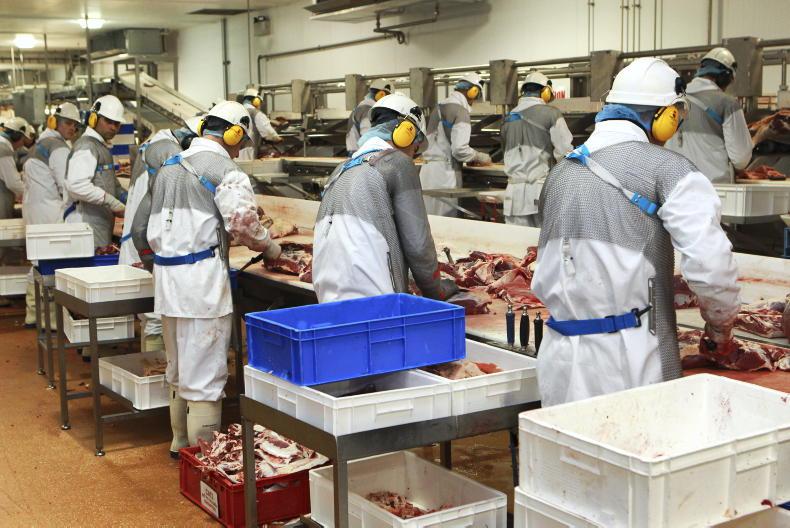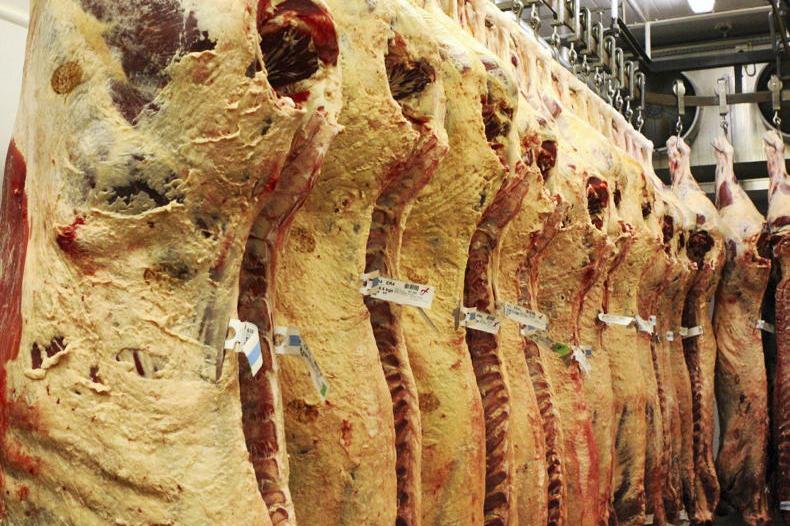I was fascinated to hear the new policy adviser/chief economist of the IFA, Tadhg Buckley, tell his audience the other evening that within the EU, of the money spent by consumers on food, on average 25% gets back to farmers. In Ireland, the figure is 18%.
All of us farming in Ireland have a consciousness of even the most basic of services being expensive and of a continuing growth in bureaucracy.
It’s not for amusement that people, if they have the time, head up to Northern Ireland to get their teeth crowned and the long-running enquires into insurance costs have shown staggering differences between awards for quite minor injuries between here and the UK.
It is clear what is driving up costs – we have the second-highest minimum wage rate in Europe
What I have not seen is a study pulling together the factors that make Ireland a high-cost country and what the effects of this high-cost regime are. Buckley’s figures ring true. It is clear what is driving up costs – we have the second-highest minimum wage rate in Europe, our civil and public services are well paid by international standards and the high-tech IT and pharmaceutical multinational companies present in the country employ large numbers of people on high wages.
A new food ombudsman has been promised to try to give farmers more bargaining power in the food chain
We can see the effects of these high costs as the traditional industries, except for farming and elements of food processing, have withered away.
Farmers’ share of the consumers spend on food has dropped with it as selling at international prices and bearing Irish costs have eroded farmers’ margins.
A new food ombudsman has been promised to try to give farmers more bargaining power in the food chain. Everyone agrees at Brussels and Dublin levels that this is desirable, yet the most effective piece of legislation – the ban on below-cost selling – has been abolished and nothing put in its place.
Farming incomes and environmental rules both in the US as I mentioned last week and in Europe are hugely influenced by Government action
I had not realised it until I heard it from Tadhg Buckley that the retail price of food in Ireland has fallen every year for the last six years. Farming incomes and environmental rules both in the US as I mentioned last week and in Europe are hugely influenced by Government action. The importance of organisational analysis and effective lobbying has never been as important. Tadhg Buckley and his colleagues in the IFA have their work cut out but their efforts to develop cogent policies and strategies must be supported by farmers.









SHARING OPTIONS